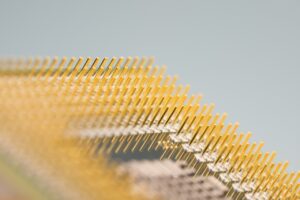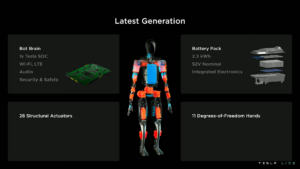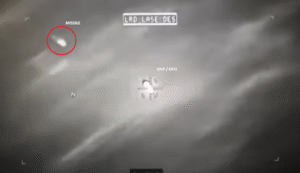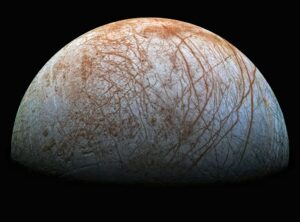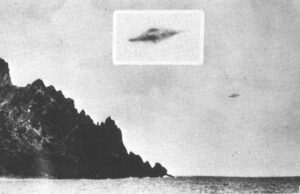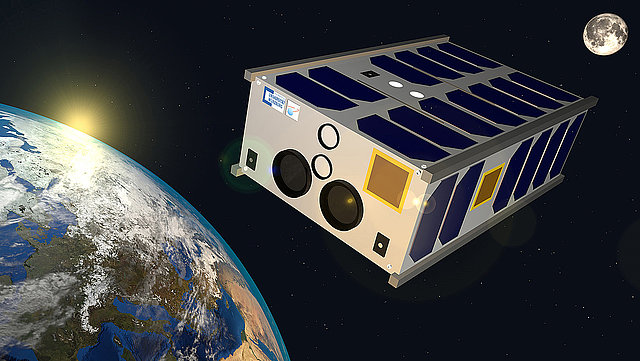
Würzburg (Germany) – The Federal Ministry for Economic Affairs and Energy will fund the construction of a new satellite with 2.6 million euros that can use AI on board to search for unknown phenomena or even traces of extraterrestrial life and technology in the solar system. The team around Professor Hakan Kayal from the Department of Space Technology at the JMU receives the funding for the development of the so called “SONATE-2” mission. It will use artificial intelligence supported sensors to find previously unknown structures on the moon, but also on other bodies in the solar system as well as asteroids.
Previous space missions have repeatedly discovered strange structures: geysers on Saturn’s moon Enceladus, circular holes on the surface of Mars and strange structures that look like petrified worms were found on the images of the Mars rover. Most of the phenomena discovered so far are likely to be natural structures or just look like something we know.
“All of these phenomena, some of which appear only temporarily, were discovered by chance or because people took a lot of time to look through the images of the neighboring planets on earth,” explains Prof. Kayal. “With artificial intelligence technologies, previously unknown anomalies were much easier to detect.”
However before an AI is supposed to detect unknown phenomena, it has to be trained: “It has to be trained with known things so that it can recognize the unknown.” Although satellites already exist that work with AI, their systems are trained on Earth and then radioed into orbit.
This project is very challenging, but feasible: “New miniaturized IT systems are becoming more and more powerful. And we take our time to train the AI. A learning process in orbit can easily take several days. “
In the future, such small AI satellites will not only observe the earth, but will also be used interplanetary “to discover new extraterrestrial phenomena, perhaps even traces of extraterrestrial intelligences”, hope the researchers.
The team wants to implement this technology on the SONATE-2 satellite and first test it in orbit. After the project started on March 1, 2021, the satellite is scheduled to be sent into orbit in spring 2024, where the mission is currently estimated at one year.

